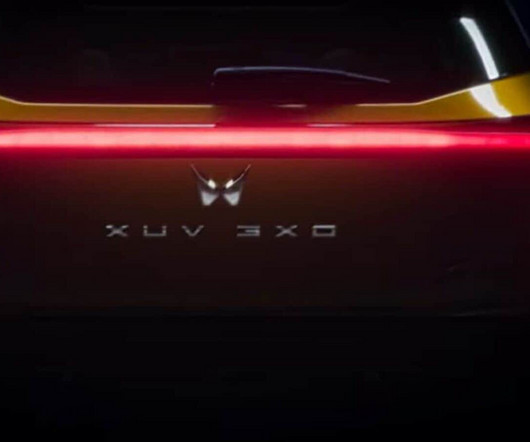Bosch says it has solved diesel NOx problem; as low as 13 mg NOx/km even under RDE; refining existing technologies
Green Car Congress
APRIL 26, 2018
Since 2017, European legislation has required that new passenger car models tested according to an RDE-compliant mix of urban, extra-urban, and freeway cycles emit no more than 168 milligrams of NO x per kilometer. A dynamic driving style demands an equally dynamic recirculation of exhaust gases. —Bosch CEO Dr. Volkmar Denner.


















Let's personalize your content